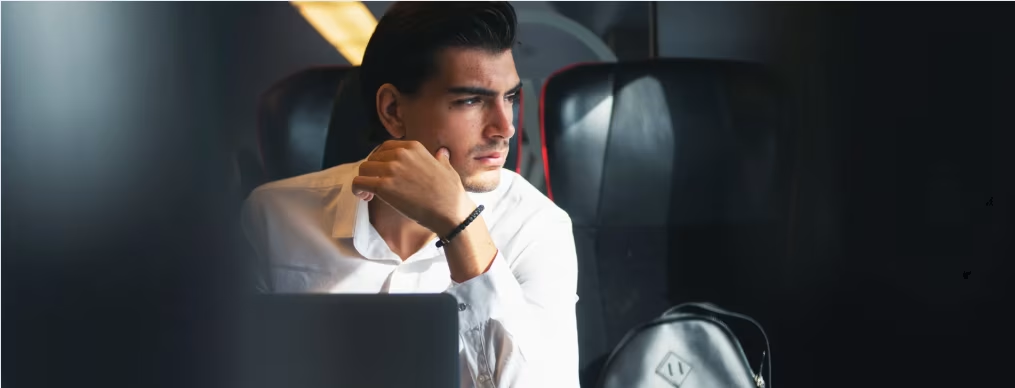
Can you trust Trip Advisor (or others) online reviews?
Anybody Googling ‘the best hotel’ in their holiday destination will be presented with a TripAdvisor top 10 among the first results. We looked at the top tens of tourist destinations around the world. Trip Advisor reviews
TripAdvisor is refuting claims by consumer rights group Which? that it has been failing to stop fake and suspicious five-star hotel reviews. It says an investigation by Which? is based on a ‘flawed understanding of fake review patterns’ and relies on ‘too many assumptions, and too little data’.
What did Which? investigate?
It analysed 247,277 TripAdvisor reviews of the top 10 highest-ranked hotels, by travellers, in London, Paris, Barcelona, Rome, Cape Town, Punta Cana, Jordan, Las Vegas and Cairo, plus 10 Premier Inns and 10 Travelodges in London. It compared the proportion of first-time three-star reviews, arguing that these are rarely faked, against the proportion of first-time reviewers who left five-star reviews.
What did the investigation find?
It found multiple cases where the number of five-star reviews made by first-time reviewers were significantly higher than the number of three-star reviews. For example, at the highest-rated hotel in Cairo, 79% of five-star reviews were left by profiles that had no other contributions on the site, compared with 14% for three-star reviews. Shortly after Which? shared its findings, TripAdvisor removed reviews from the property and it lost its status as the official ‘best hotel in Cairo’. Which? Travel reported 15 of the worst cases to TripAdvisor, which admitted that 14 of these had already been caught with fake positive reviews in the last year.
What did it conclude?
Which? believes this research raises a number of serious issues with reviews on TripAdvisor.
“Reviews are not verified and therefore it is not clear whether reviewers have even stayed at a hotel when they rate it. Travellers do not know whether hotels have been trying to cheat the system,” it said.
“Despite 14 of the hotels flagged having had at least one suspicious review removed in the last year, none of them carried any kind of warning at the time Which? looked. And TripAdvisor’s most serious warning – the red badge – remains on hotel sites for just a matter of weeks.”
What does TripAdvisor have to say?
Despite our findings, TripAdvisor continued to defend its methods and deny that Which? Travel’s methodology worked. It said: ‘The analysis presented by Which? is based on a flawed understanding of fake review patterns and is reliant on too many assumptions, and too little data”
It argues: “Accurate fraud detection requires analysis of a wide range of data-points, such as IP information, location data or details about the device an account was using when submitting a review. This crucial data is missing from Which’s analysis, and therefore its findings do not and cannot provide a reliable indication of the true volume of review fraud.
“By contrast, we employ sophisticated fraud detection technology that is able to analyse hundreds of data-points based on a knowledge and understanding of review patterns gained from tracking hundreds of millions of reviews over a near 20-year period. This includes an ability track and analyse first-time reviews in far more detail and with far more rigour than Which’s team was able to do. We also have an industry-leading team of fraud investigators who work tirelessly to protect the site from fake reviews.
“We are confident our approach works, and is one of the reasons we continue to retain the trust of many millions of consumers worldwide. They know from their own experience of using TripAdvisor that it is a source of useful and accurate information on which they can rely.”
And what about Premier Inn and Travelodge?
While Premier Inn reviews did not arouse suspicion, at two of the Travelodges almost half of the hundreds of five-star reviews came from first-time contributors who’d never reviewed anywhere else. Which? claims that TripAdvisor admitted that earlier this year that one of the hotels in question – the Travelodge Wembley Central – had been given its red warning badge, the site’s most severe warning, designed to let travellers know that reviews may have been manipulated and indicating that the hotel ‘repeatedly fails to remedy its behaviour and refuses to cooperate with TripAdvisor’s investigators’.
What does Travelodge have to say?
“We did experience a breakdown in our internal communication when TripAdvisor identified an irregular pattern of reviews at our Wembley Central Travelodge Hotel that needed investigating. Unfortunately on this occasion that matter was not managed effectively within the timeframe, and we have taken appropriate action to ensure this does not happen again.
“Wembley Central Travelodge has undergone a full refurbishment earlier this year and we are satisfied that the hotel reviews accurately reflect the customer experience at the hotel.”









